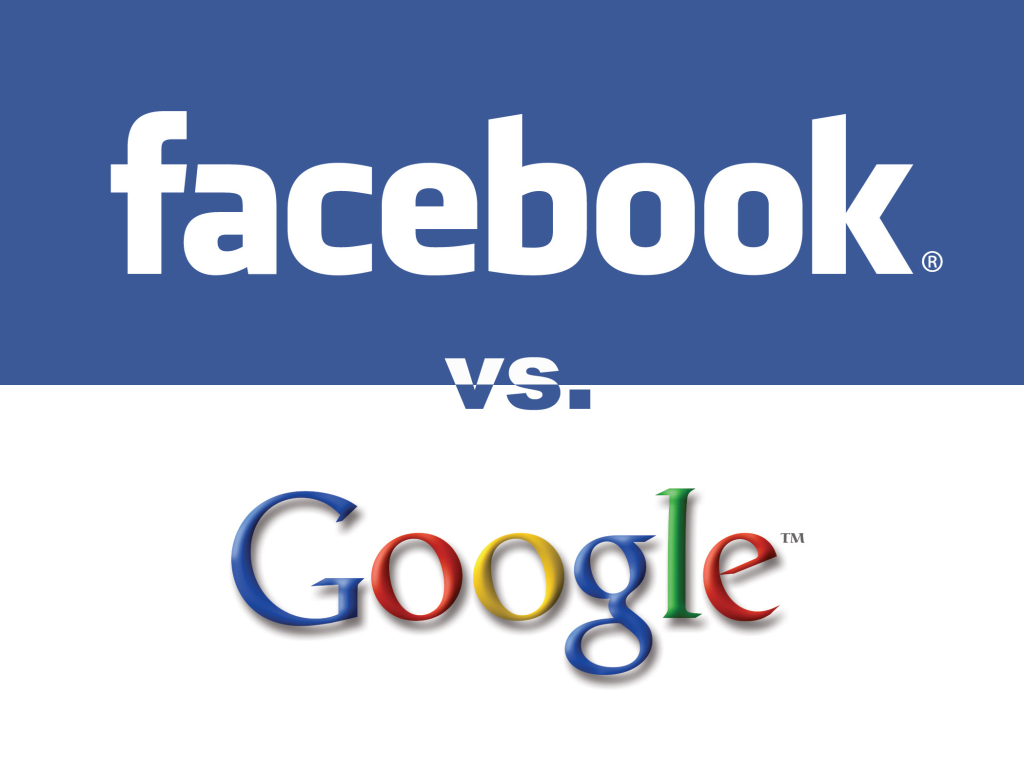Google first released Adwords in October of 2000 with the headline “Have a credit card and 5 minutes? Get your ad on Google today.”
At the time, Yahoo Search Marketing was the dominant search engine ad vendor. But Google then rolled out two brilliant innovations: PageRank and Click-Through Rate (CTR). By demanding relevance in the pay-per-click auction model, Google became the frontrunner for search engine marketing, earning $66 billion in 2014.
In 2004 when Mark Zuckerberg launched TheFacebook, his main source of revenue came from selling “flyers,” banner ads that appeared on the homepage purchased by students or organizations advertising parties and events. Since then, Facebook has not only evolved evolved its name, but also its targeting and ad structure. On the targeting side, Facebook has allowed companies and organizations to create “groups” and “pages,” introduced comments and likes and integrated more powerful behavioral data collection. After changing the flyers model to a CPM (impressions-based) auction model, Facebook launched a buy-and-sell marketplace, and integrated its ad service with its ad targeting. All this has caused, Facebook’s ad revenue to climb to $12.5 billion by 2014.
Which of these is the best place to spend your advertising dollars? This probably doesn’t surprise you, but it depends on your marketing goals. And of course the two platforms aren’t mutually exclusive, they fit into marketing plans in different ways and serve different purposes.
Some compare Google to the library, where you are directed to the information you are seeking. Your search can be as general as “acoustic guitars” to as specific as “Takamine G Series GJ72CE NAT Jumbo Acoustic Electric Guitar.” With Google Adwords, consumers are in a purchasing frame of mind. They are on a mission to find something specific, so advertisers using Adwords should show ads that match their search intent. If somebody searches “Oakley sunglasses,” you want to show them ads that include deals on Oakley sunglasses and direct them to a page that sells them. Google Adwords is about matching consumer’s search intent, and it is where direct response ads have the largest impact.
Facebook Ads is about matching interests instead of intent. Facebook users are not searching directly for a product, they are looking at cat videos or creeping on their friends’ photos. So it’s up to you as a marketer to generate awareness for your product. Using users’ demographics, likes, comments, shares, and search history, you can deduce their interests. If a user recently liked a post about mountain biking, Trek needs to go target an ad on that user’s newsfeed and direct them to their mountain bike line. Facebook ads are more successful when the focus is branding, awareness and consideration.
This speaks to one of Facebook’s greatest strengths: ad targeting. User profiles are filled with valuable marketing information – race, age, gender, location, page likes, interests, and more. Advertisers that use this data well can create effective directly targeted ad campaigns.
Google Adwords does not have this information, but that’s okay. Instead of finding potential customers yourself, the customers come to you. People searching Google are farther down the purchasing funnel, so you are able to target them when they are at a high buying intent.
In short, Google Adwords is used to generate direct conversions from people that are already aware and searching with intent. The interaction is short and sweet – people know what they want, advertisers show them where to get it. Facebook ads typically generate that initial awareness, and then build interest and desire for products and services.
Neither platform is necessarily better than the other. But it’s the smart marketer who knows the objectives of their campaign and matches it to the platform.




Leave A Comment
You must be logged in to post a comment.